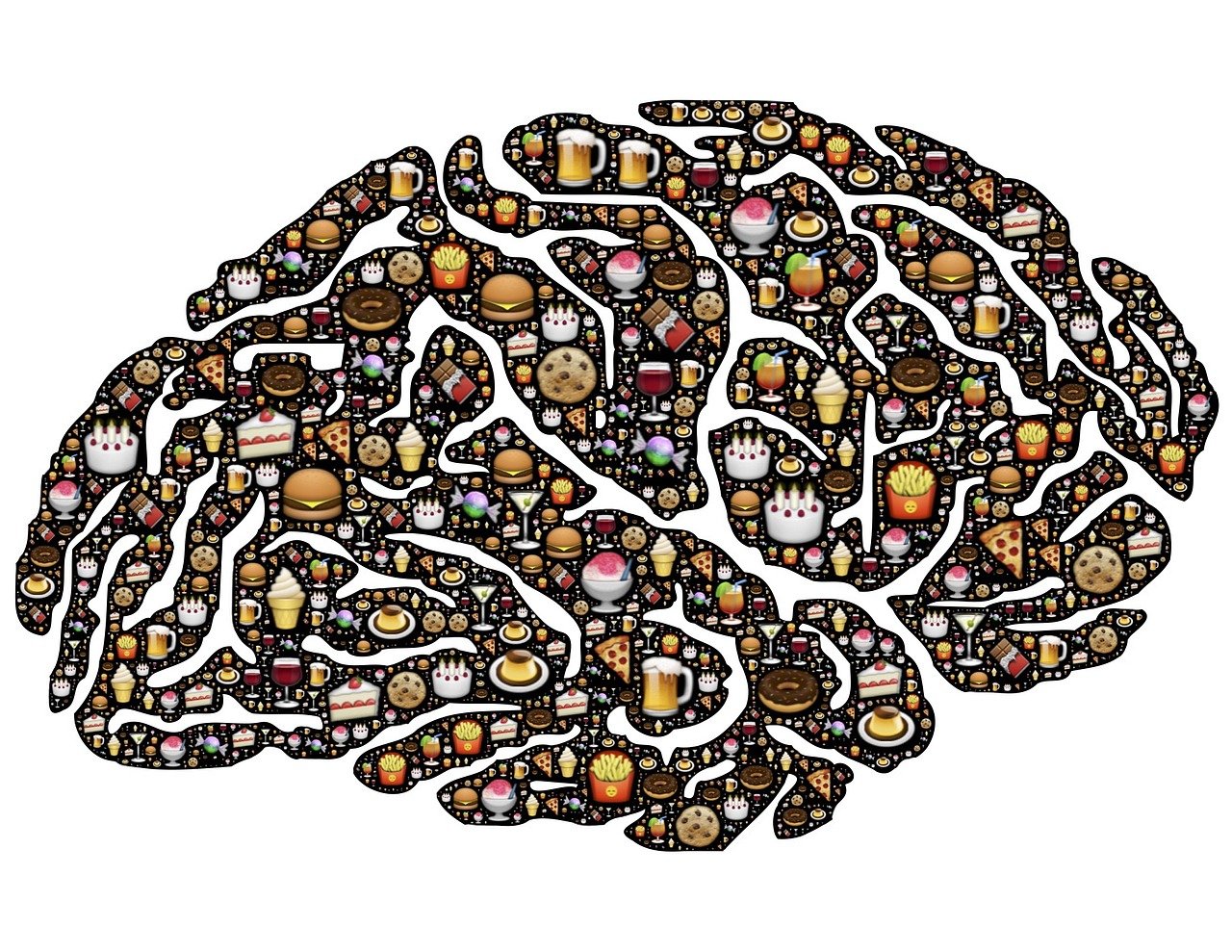News release
From:
About The Study: The findings of this study suggest that greater ultraprocessed food (UPF; i.e., energy-dense, palatable, and ready-to-eat items) intake, particularly artificial sweeteners and artificially sweetened beverages, is associated with increased risk of depression. Although the mechanism associating UPF to depression is unknown, recent experimental data suggests that artificial sweeteners elicit purinergic transmission in the brain, which may be involved in the etiopathogenesis of depression.



 International
International



